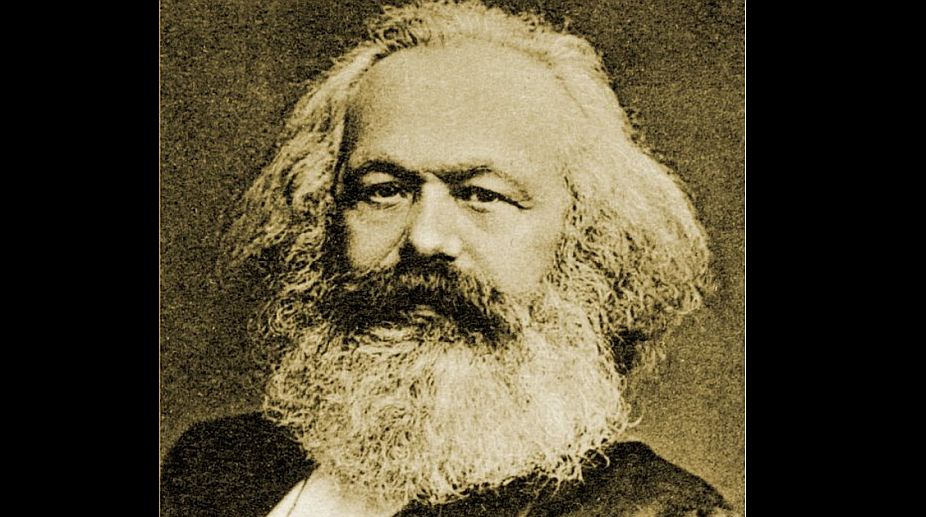Close to three decades after the fall of the Berlin Wall, it was only to be expected that the 200th birthday of Karl Marx would be greeted with a qualified response in post-reunification Germany.
An entire generation, not wholly familiar with Marxist philosophy and practice, has grown up since November 1989 and it was almost inevitable that the town of Trier, where Marx was born, would nurse a very different perception of the historical figure.
Advertisement
The jarring note was fairly resonant last Saturday ~ 5 May ~ which marked the anniversary. The city, it would be pertinent to recall, was part of capitalist West Germany after World War II.
At another remove, for all the liberal and reformist winds sweeping across China, President Xi Jinping seems intent on presiding over a larger revival of Marxist dialectics.
The ideological irony inherent in the contrasting perceptions of Germany and China is the striking feature of the anniversary grandstanding. It is pretty obvious that China is making the bicentennial celebrations part of a drive to reinvigorate its Communist heritage, and buttress its growing global clout.
The highlight of the festivities have been an official tribute at the Great Hall of the People and a documentary series by China’s state broadcaster titled Marx Is Right.
There appears to be a distinct endeavour to blend ideology with materialism ~ a praxis that is quite different from the chic East Europe and Russia of today, and signified by the emergence of the far-right and nationalist forces.
Pre-eminently, the 18-ft statue of Marx, that has been installed in Trier on the bicentennial, is a gift from China.
The celebrations in Beijing are concordant with Xi’s attempt to expand the influence of the Communist Party of China as he pushes through sweeping changes in the country’s political system, the military, the economy, and the education sectors.
By his own admission, he is trying to promote Marxism as a plank of foreign policy, notably in countries like Vietnam and Laos.
There was an element of pregnant symbolism in President Xi’s presentation at the Great Hall of the People. Has he tried to effect a balance between the post-Mao reformist agenda and the political philosophy of Marx? In an effort to blunt the criticism of his domestic detractors, he has hailed Marx as “the greatest thinker of modern times.
We must win the advantages, win the initiative, and win the future. We must continuously improve the ability to use Marxism to analyse and solve practical problems.”
Promoting Marx is viewed in part as a way for Xi to strengthen ideological control and counter critics within the ruling Communist Party who have been against his move to eliminate the presidential term limits.
The fine print of his presentation must be that China can scarcely afford to jettison Marxism. Nor for that matter can Xi’s China abjure Mao Zedong.











